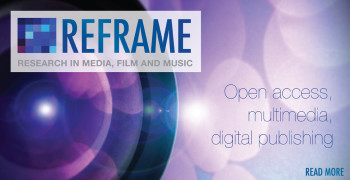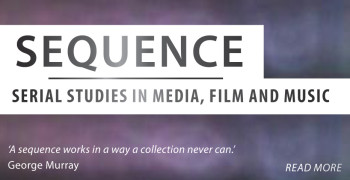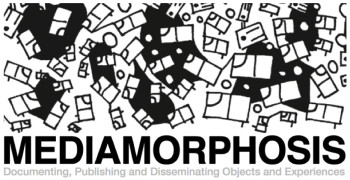
*Por Roberto Carlos Ortiz Masthead: The Flower of My Secret (Almodóvar, 1995) In the last scene of All About my…

*Por Camilo Gomides Masthead: Mujeres al borde de un ataque de nervios (Pedro Almodóvar, 1988) Nuestra aventura comenzó en Zagreb…

*By Maureen Shea Masthead image: La ley del deseo (Pedro Almodóvar, 1987) In 2000, I was sitting in the Chair’s…

*Por Gabriela Alemán Masthead Image: Carne Tremula (Pedro Almodóvar, 1997) No recuerdo cómo conocí a Tatjana. Tal vez en alguna…

*Por Felipe Victoriano Masthead: Los paraísos perdidos (Basilio Martín Patino, 1985) Conocí a Tatjana Pavlovic, a Tati, una tarde de…

*Por Alejandra Sánchez Masthead: The Room Next Door (Pedro Almodóvar, 2024) Ya han pasado dos meses desde que te fuiste…

Masthead: La flor de mi secreto (Almodóvar, 1995) *Por Roberto Carlos Ortiz En la última escena de Todo sobre mi…

*Por Rosana Blanco-Cano Masthead: Laberinto de pasiones (Almodóvar 1982) Conocí a Tatjana en 2001. Era a finales de agosto y…

published in Global Cult Cinemas: Decolonizing Cult Film Studies (forthcoming, Bloomsbury) edited by Iain Robert Smith, Dolores Tierney and Shruti…

Today Mediático is delighted to present a review of a new special issue of Studies in Spanish and Latin American…






